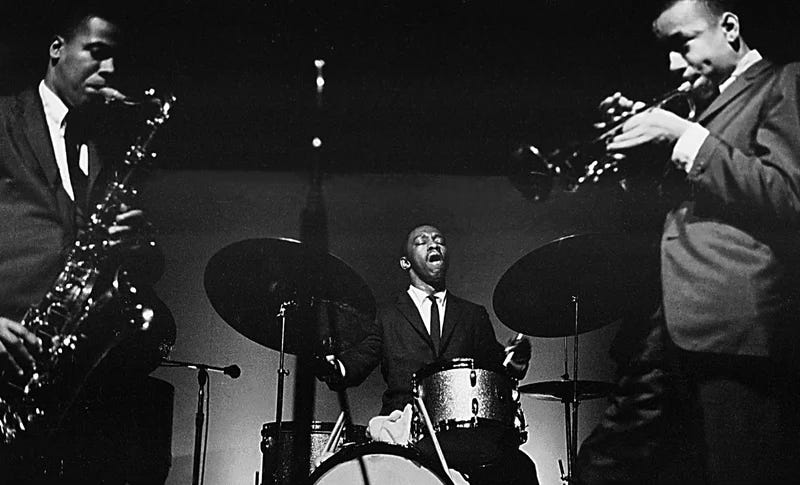Art Blakey's Jazz Messengers were instrumental in the development and popularization of the hard bop style of jazz. This style combined elements of bebop with blues and gospel influences, adding a more soulful and rhythmic intensity to the music. Art Blakey's powerful and energetic drumming was a key component of this sound.
Blakey was renowned for his role as a mentor and bandleader who nurtured the talents of many young musicians who would go on to become prominent figures in jazz. The Jazz Messengers were a proving ground for these musicians, offering them an opportunity to hone their skills and develop their styles. Notable alumni include Wayne Shorter, Freddie Hubbard, Lee Morgan, Benny Golson, Wynton Marsalis, and many others.
The Jazz Messengers were active for over three decades, from the early 1950s until Blakey's death in 1990. This longevity is remarkable in the jazz world, where many groups are short-lived. The consistent quality of their music over this period contributed significantly to their reputation and influence.
Beyond their musical innovations, the Jazz Messengers were significant in the way they represented African American culture and experiences through their music. They were part of a movement in jazz that saw the music as a form of cultural and artistic expression deeply connected to the African American experience.
Art Blakey's Jazz Messengers were not just a band; they were a musical institution that played a crucial role in the evolution of jazz, nurtured future jazz legends, and made a lasting impact on the cultural landscape.
The edition of the Messengers on this video included Lee Morgan on trumpet; Wayne Shorter on tenor saxophone; Walter Davis, Jr. on piano, Jymie Merritt on bass and Art Blakey on drums. Here, they play Bud Powell’s Bouncing with Bud, in a performance from the Théâtre des Champs-Élysées in Paris, on November 15th, 1960.



They certainly help[ed make my life more palatable in "those days." Thanks for the tribute.